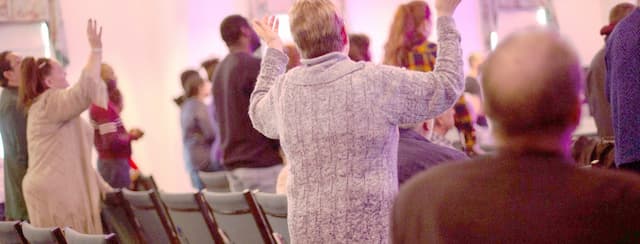Discernment: Can we be TOO cautious or TOO critical?

By Elizabeth Prata
Here is a question: Can a person be too critical or too cautious in discernment?
I was asked this recently. I answered: yes. And no. It depends on what the person saying ‘you’re too critical’ or, ‘you’re too cautious’ means by the words cautious and critical.
The Bible says we are to test everything and hold on to the good. but examine everything; hold firmly to that which is good, 22 abstain from every form of evil. (1 Thessalonians 5:21)
Test EVERYTHING. What this means is (according to Barnes’ Notes), is, “Subject everything submitted to you to be believed to the proper test. The meaning here is, that they were carefully to examine everything proposed for their belief. They were not to receive it on trust; to take it on assertion; to believe it because it was urged with vehemence, zeal, or plausibility.“
So, it becomes obvious that caution is warranted in spiritual realms. We are not talking about being so cautious we look at every green bean at the produce section because it might be moldy, that is being too cautious. Or complaining on social media that the grocery store had one moldy green bean in the bin, that is too critical. We test everything that is spiritual.
Paul applauded the Bereans’ examination of his own teachings. (Acts 17:11). This was Paul we’re talking about, but they still compared his teaching to the scriptures and he said that was a good thing to do.
1 John 4:1 says the same. “Beloved, do not believe every spirit, but test the spirits to see whether they are from God. For many false prophets have gone out into the world.”
In both cases (and of course the NT and OT warns believers not to absorb false teaching much more than these 2 verses) the reason to examine everything is given- discernment is so that we abstain from every sort of evil. (1 Thessalonians 5:22, 1 John 4:1). We can never be too cautious about not wanting to participate in evil!
The worship standards in the Old Testament and Jesus’ railings against the Pharisees should show the modern believer the importance of God’s holiness. Polluting a church with false teaching is an evil God abhors.
So we are called to be cautious. Thus, we should be critical of any teaching which might present a stumbling block to any believer, especially new believers, and that might confuse a believer and make them swerve into a bondage they should have escaped from. (Galatians 2:4, “Yet it was a concern because of the false brothers secretly brought in, who had sneaked in to spy on our freedom which we have in Christ Jesus, in order to enslave us“.) As soldiers we are to be aware of the enemy. They are enemies of us and enemies of God. Of course we are critical of the devil’s schemes and of untruth! Why wouldn’t we be?
Now, can a person be TOO cautious? It depends on the motivation and the tone a person uses to make that charge. Is she purposely looking for false teaching? Is she uncharitable? Gleefully leaping on every tiny statement that she considers errant? (One moldy green bean in the bin). Is her walk consumed with falsity rather than pointing to Jesus? Is she looking for satan under every rock? The Bible is concerned with unity, love, and patience as much it is with discernment and truth.
So I would ask any person who might say to me that I’m too critical or too cautious, to please explain what they mean by the word critical and cautious. I’d also ask them to use scripture in the conversation. It is good to be critical of false teaching, and to be cautious about what you absorb and from whom. It is equally good to be charitable, kind, and looking for the best in people. But criticalness is sometimes necessary. John Calvin said of pastors especially:
“The pastor ought to have two voices: one, for gathering the sheep; and another, for warding off and driving away wolves and thieves. The Scripture supplies him with the means of doing both.”
You can explain to them that holiness and truth matters to God a great deal, because He IS holiness and truth itself. If the person feels you have erred by vetting a false teacher in some way ask them how and where. If you agree with them that you were too critical in such an instance then you can thank the person for pointing out your sin (Matthew 18:15).






